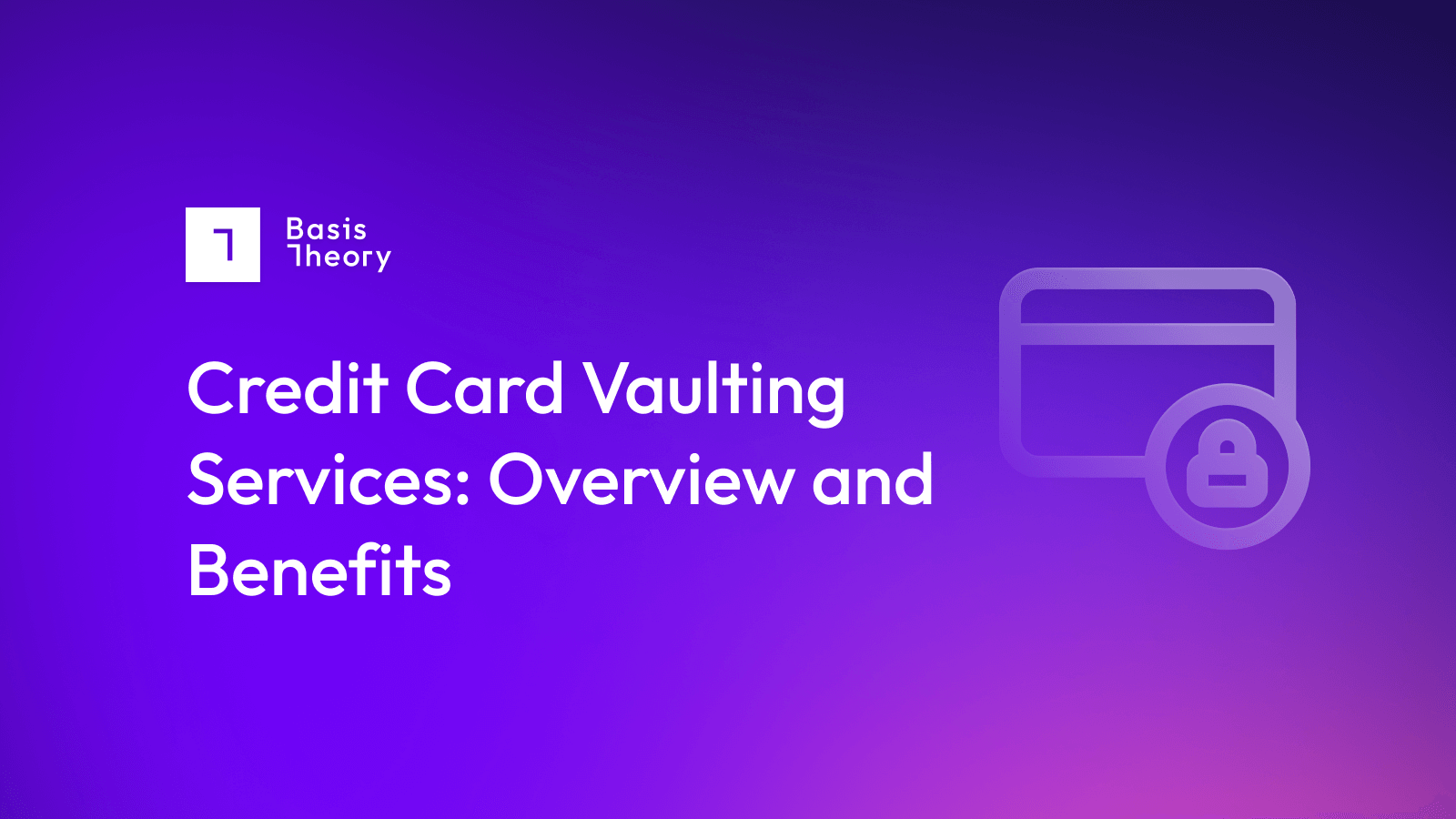Choosing a Full-Service Payment Service Provider

Few, if any, merchants enter into their business with solving for payment processing as a top-level priority. The focus is defining a business model, building or acquiring products, and attracting customers.
The seemingly simple step of exchanging the customer’s money for goods or services involves a maze of options, choices, and challenges that often lead merchants to the simplest answer: a full-service payment service provider (PSP). From a merchant's perspective, these types of PSPs can cut through the noise and make payments just happen.
But as the merchant grows, they often discover that full-service PSPs are, in fact, anything but. They become expensive, restrictive—and risky. Payments need to be a strategic function, not a set-and-forget cost center.
What Full-Service PSPs Offer
A full-service PSP combines the services of a payment gateway and payment processor into one, generally adding an array of related services from security checks, vendor payment management, and currency conversion, added either as value-added services or as paid add-ons. The full-service PSP is generally characterized by offering a comprehensive solution (‘sell anything to anyone anywhere, easily’) with a simple, flat fee schedule (though more on that later.) The barriers to getting started are greatly reduced because the PSP provides a streamlined onboarding process far quicker than securing a true merchant account.
Within just days, even hours, a purchase interface can be introduced to a site, or app, that can handle all the payment methods, currencies, and alternative payment options (e.g. Buy Now, Pay Later) the merchant can imagine needing. Perhaps even more appealingly, the new full-service payment solution comes with a flat fee schedule, so that the merchant can reasonably model out the impact of processing fees on their overall business.
The ability to get up and running rapidly, without having to become an expert on payment industry minutia, is extremely tempting, and speaks to the massive size of some of the best-known full-service PSPs, such as Stripe and Paypal.
Why Merchants Outgrow Their PSP
Nothing in this life is free, and full-service PSPs—for all the work they do to cut through red tape—turn out to be an expensive way to manage payments. In return for doing much of the work to simplify the admittedly complex requirements of providing an easy customer interface to the workings of the global payments system, they extract what turns out to be very high fees.
Merchants cede to the full-service PSP all the benefits of downstream arbitrage, giving up opportunities for optimization, such as:
- Debit Card Fees: In the United States, debit card transaction fees are, by law, substantially lower than credit card fees—just $0.21 plus 0.05%. Although the full-service PSP fee schedule is flat and therefore easily forecasted, at 2.9% plus 30 cents per transaction (a common model), the merchant is forking over some 3% more for a debit card transaction than the PSP is paying.
- Currency Conversion: When currency conversions happen at the full-service PSP level, the provider can add their own fee. Often, this occurs not by charging an overt fee but rather by simply nudging the conversion rate to their benefit, including by basing it on the rate at which they acquired treasury currency, regardless of current market conditions.
- Alternative Payment Methods: Not only are full-service PSP customers constrained to the methods offered by their provider, but they may also be subject to additional markups. For Buy Now Pay Later (BNPL) offerings, for instance, they may pay their full-service PSP a fee while also picking up the tab for the BNPL provider. While access to alternative payment methods is valuable, the added cost can make the value proposition far harder to justify.
Equally importantly, when a merchant commits to a full-service PSP, they lose significant control over their business in ways including:
- Stored cardholder data is likely held and secured by the full-service PSP, which benefits any merchant looking to limit their PCI scope. However, when the merchant starts looking for additional or alternative payment partners, extracting that customer data for use elsewhere can be expensive or even impossible. This limits the merchant’s ability to manage their business according to their needs.
- Account Independence: Most full-service PSPs have their customers become ‘sub-merchants’ to a single merchant account. While this accelerates time to market, it also means that the merchant is subject not only to the rules of the downstream payment ecosystem (acquiring banks, card networks, and so forth) but also to their full-service PSP. In practice, this can mean being subject to punitive actions or even account cancellation by the full-service PSP at any time.
When your PSP can shut down your account—or freeze funds without notice—you’re no longer in control of your own revenue stream. Realizing this type of control has been surrendered is oftentimes the catalyst for going multi-PSP.
Alternatives to Full-Service PSPs
For all the advantages of the full-service PSP to get started quickly, merchants discover just as rapidly that being locked into a single supplier means being subject to fee schedules that are immovable and surprisingly high. They also come to understand that the full-service PSP can limit the products and services they can offer (most full-service PSPs, for instance, decline to take payments for high-risk industries) and have the right to cut the merchant off at any time.
While the obvious answer to this challenge is ‘partner with multiple PSPs’, doing so is a little trickier than it looks—at least without migration support. What many merchants are finding is that the right strategy is to:
- Partner with an agnostic, programmable payments vault, which can securely collect, store, and make consumer data available for distribution to substantially any endpoint at the merchant’s request. This limits PCI-DSS scope for the merchant’s internal payments system, and opens the door to broader partnering opportunities.
- Work with a range of PSPs around the world, offering different services and fee schedules based on their specialties. For example, a PSP could process ‘regular’ sales, another for those in another country where a lot of business happens (to avoid cross-border fees), and maybe another for any high-risk products.
- Arbitrage the PSP relationships to deliver excellent customer service while balancing the cost of payments as a business expense.
This isn’t without complexities—the merchant must, of course, build a functioning payments system—but the benefits of flexibility and cost control are increasingly encouraging merchants to do so. As a merchant scales, the blemishes in a full-service PSP become harder to ignore. Rising fees, loss of data ownership, and limits to product flexibility—what once felt like a fast path to revenue becomes a blocker.
That's why product leaders adopt a multi-PSP strategy. The merchant regains control of their data and, ultimately, their margins. It starts with an agnostic payment vault. Get started in our documentation.
.png?width=365&height=122&name=BTLogo%20(1).png)



